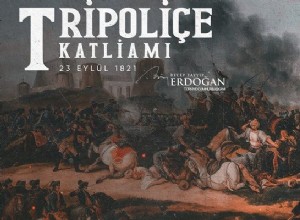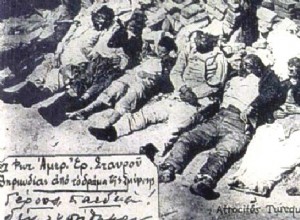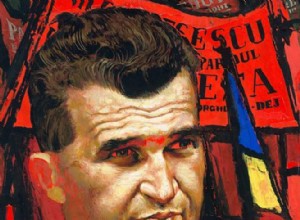The neighboring president Recep Tayyip Erdoğa took it too far with the Tripolitsa Massacre in 1821, where he tried to equate the conquerors with the conquered. With a big mouth he proclaimed that he and his compatriots have not forgotten and will never forget. SOURCE:HELLAS JOURNAL In fact, he




